Improving Voter-Centered Representation in Local Government
An event of the Bloomberg Center for Cities
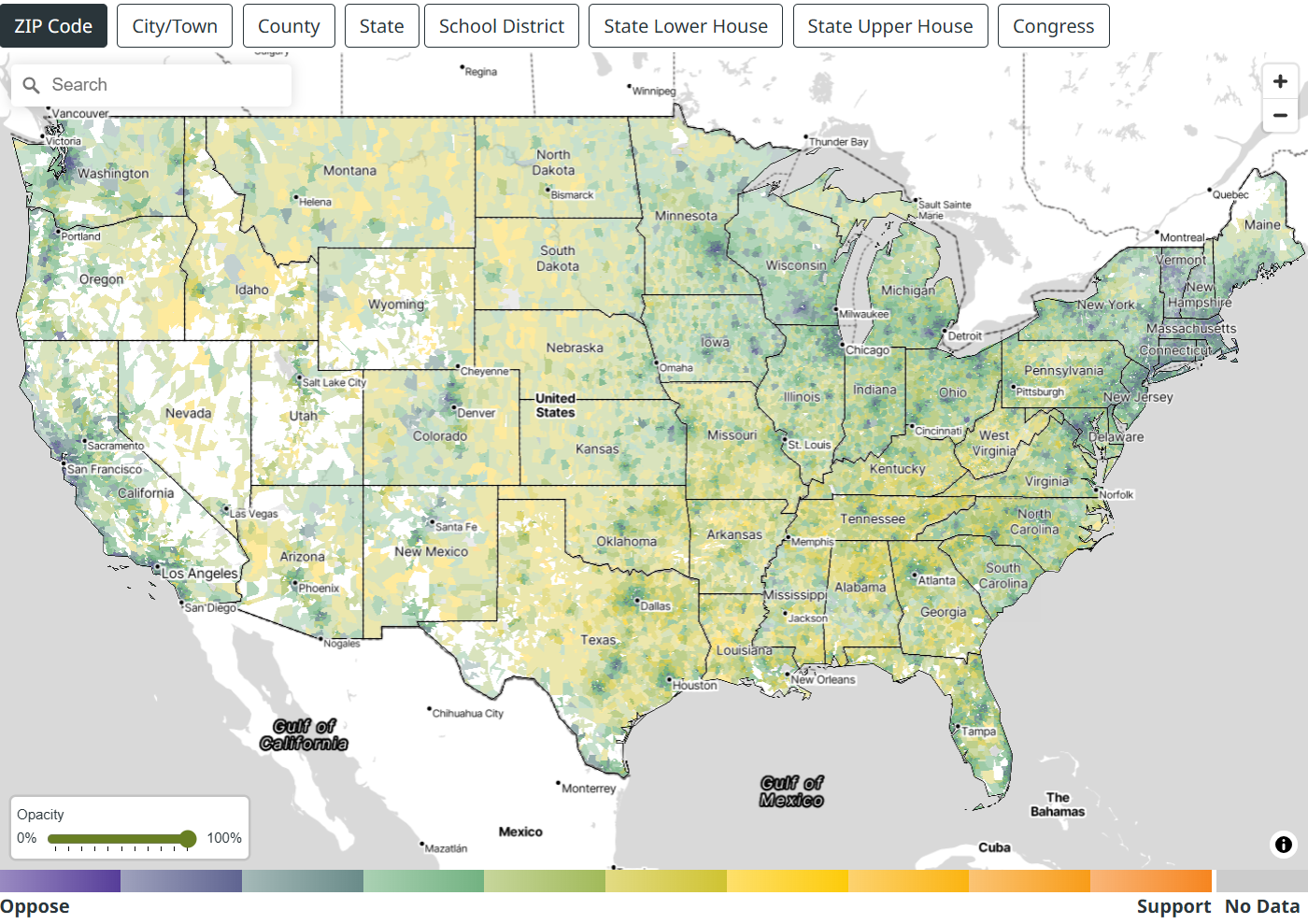
11:00 a.m. - 12:15 p.m. EDT
Bloomberg Center for Cities, Taubman Third Floor, Harvard Kennedy School
About the Event
In-person event open to Harvard University ID holders. Registration is requested as space is limited.
Do candidates seeking political office know what their constituents think and care about? A new resource developed by Harvard Law School’s Election Law Clinic and supported by the Local Politics Lab at the Bloomberg Center for Cities at Harvard University provides new, granular data on public opinion in the United States. TrueViews can address misrepresentation and polarization by providing city leaders and other policymakers with precise insights into the policy preferences of their residents. The data platform can also bolster scholarly research on local politics.
TrueViews uses cutting-edge methodology to produce accurate estimates of public opinion in previously unavailable geographical snapshots, including by city or town, zip code, and even school district. Meet the faculty behind TrueViews as they discuss the use of state-, county-, and city-level public opinion data on key issues such as criminal justice, education, immigration, or taxes.

Co-sponsored by the Bloomberg Center for Cities at Harvard University, the Election Law Clinic at Harvard Law School, and the Local Politics Lab at Harvard Kennedy School.
Doors open and refreshments starting at 10:45 a.m. The program begins at 11:00 a.m.
We welcome individuals with accessibility needs to participate in our events. Contact us at cities@harvard.edu to request accommodations or if you have questions.
Speakers
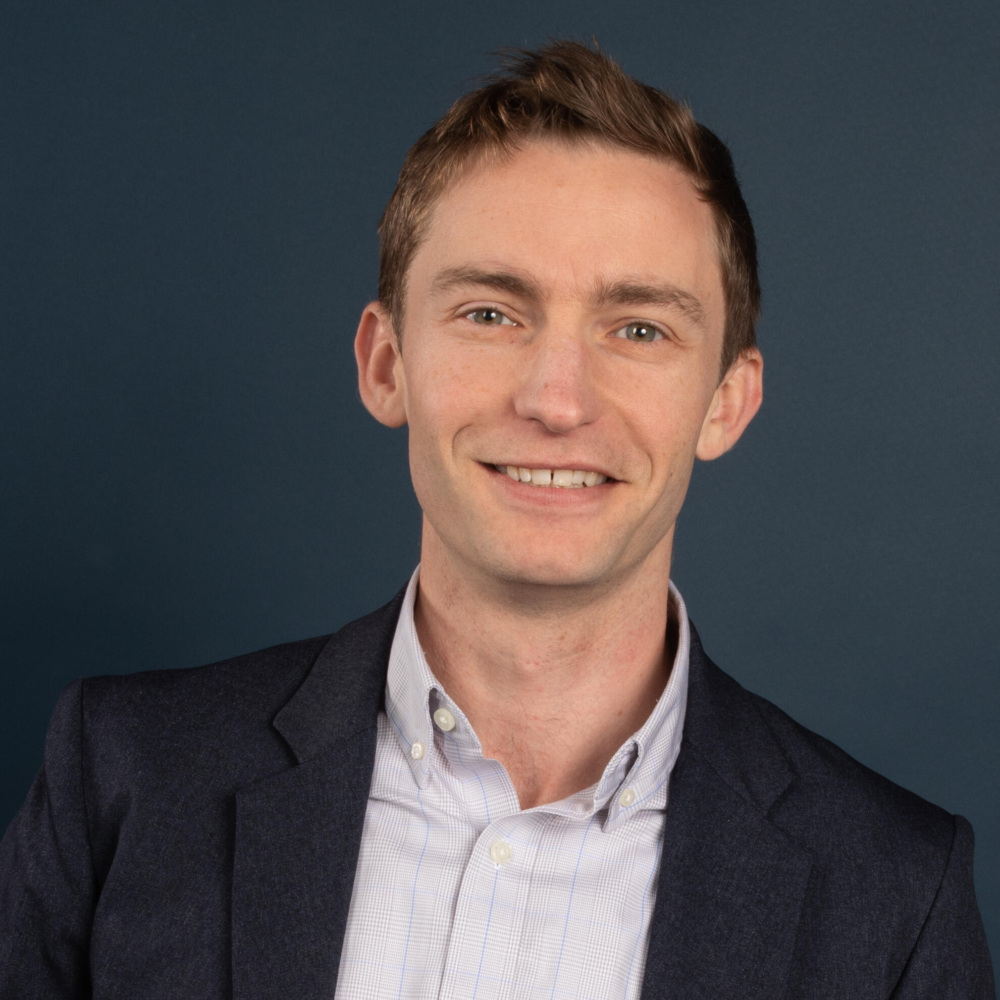
Justin de Benedictis-Kessner
Associate Professor of Public Policy, Harvard Kennedy School and Faculty Director, Local Politics Lab
Justin de Benedictis-Kessner is an Associate Professor (untenured) of Public Policy at the Harvard Kennedy School of Government. His current research focuses on some of the most important policy areas that concern local governments, such as housing, transportation, policing, and economic development. His research examines how citizens hold elected officials accountable, how representation translates the public’s interests into policy via elections, and how people’s policy opinions are formed and swayed. He teaches in Harvard’s MPP program on politics and ethics, and leads elective courses on urban politics and policy. These classes include an experiential field lab that partners student teams with cities and towns to work on applied urban policy problems. You can view de Benedictis-Kessner’s full CV here.
de Benedictis-Kessner’s work has received the Clarence Stone Emerging Scholar Award and the Norton Long Young Scholar Award from the American Political Science Association, and has been published in peer-reviewed journals including the American Political Science Review, American Journal of Political Science, Journal of Politics, and Proceedings of the National Academy of Sciences. He has received funding for this research from the MIT Election Data + Science Lab, Time-sharing Experiments for the Social Sciences (TESS), the Massachusetts Department of Transportation, and the Boston Area Research Initiative. Prior to joining Harvard, he was an assistant professor at Boston University, and before that a postdoctoral researcher at the Boston Area Research Initiative. He received his PhD from the Department of Political Science at the Massachusetts Institute of Technology and a B.A. in Government and Psychology from the College of William & Mary.
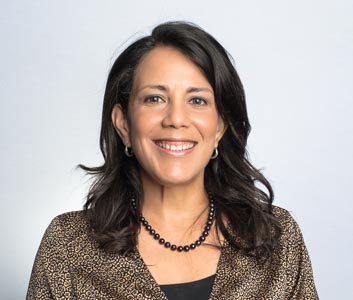
Michelle De La Isla
Former Mayor of Topeka, Kansas; CEO, Hack.Diversity
Michelle De La Isla has devoted her life to service in the nonprofit, private, and public sectors during her career. Her journey into public service was not easy. She overcame poverty, homelessness, domestic violence, and cancer as a single mother. These experiences made her a stronger community advocate. After graduating from Wichita State University, she taught financial literacy to Latina women across the country with MANA National, built homes with Habitat for Humanity, started a Latina teen empowerment Conference in Topeka and participated in the Capital District Group that revitalized downtown Topeka. She served as chief financial officer and executive director of two nonprofit organizations, and successfully ran a state-wide supplier diversity and diversity and inclusion programs for a Fortune 500 public utility. Michelle was elected to the Topeka City Council in 2013, and Mayor of Topeka in 2017. As mayor, she focused on economic development, equity, and infrastructure improvements. She was elected by her peers to the US Conference of Mayors Advisory Council in 2018.
In 2020, she ran for U.S. Congress in KS-02 while serving on Shawnee County’s COVID-19 emergency management team managing crisis communications and facilitating community collaborations to mitigate the effect of the pandemic in the community to safeguard citizens, medical resources, and the economy. Michelle retired as Mayor in January 2022, and worked as a Managing Director at the Draper Richards Kaplan Foundation while obtaining her Masters in Public Administration at Harvard University, where she was a U.S. Latino Leadership Fellow at the Center for Public Leadership. Michelle graduated from Harvard Kennedy School in May 2023. She is now the CEO of Hack.Diversity, where she along with her team work to transform the economy by breaking down barriers for Black and Latin@ professionals in tech. She sits on six boards for social enterprises, these are: The American Journalism Project, Education Superhighway 2.0, Accelerator for America, The Well, Partners for Justice and Brilliant Detroit. The title she holds dearest to her heart is “Mom” to Erick, Cristina and Lorraine.
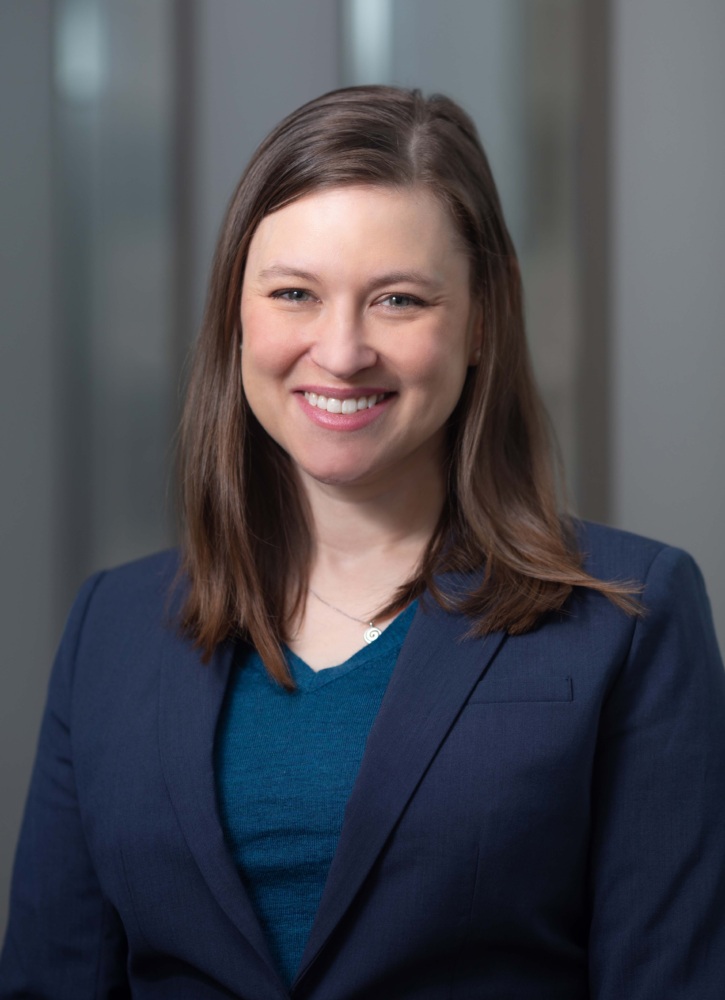
Ruth Greenwood
Assistant Clinical Professor and Director, Election Law Clinic at Harvard Law School
Ruth is an Assistant Clinical Professor and the Director of the Election Law Clinic at Harvard Law School. She engages in litigation and advocacy on a variety of election law cases, while training the next generation of election lawyers.
Ruth litigated two partisan gerrymandering cases from the trial level to the Supreme Court of the United States, Gill v. Whitford and Rucho v. Common Cause. She has also litigated minority vote dilution claims under state and federal voting rights acts, racial gerrymandering claims, and cases alleging a burden on the fundamental right to vote. In addition, Ruth has advised dozens of state advocates on drafting and implementing independent redistricting commissions, state voting rights acts, and adopting ranked choice voting. Ruth’s publications include Voting Rights Federalism (coauthored with Nicholas O. Stephanopoulos, Emory L.J. vol. 73(2) 2024) and Fair Representation in Local Government (Ind. J. L. & Soc. Equality vol 5(1) 2017).
Ruth was previously the Co-Director of Voting Rights and Redistricting at the Campaign Legal Center, Lead Counsel for Voting Rights at the Chicago Lawyers’ Committee for Civil Rights Under Law, and a Redistricting Fellow with the Democratic National Committee’s Voting Rights Institute. She received her LL.M from Columbia Law School in 2009, and her LL.B./B.Sc. from the University of Sydney in 2005. Ruth is admitted to practice as an attorney in Massachusetts, Illinois and New York.
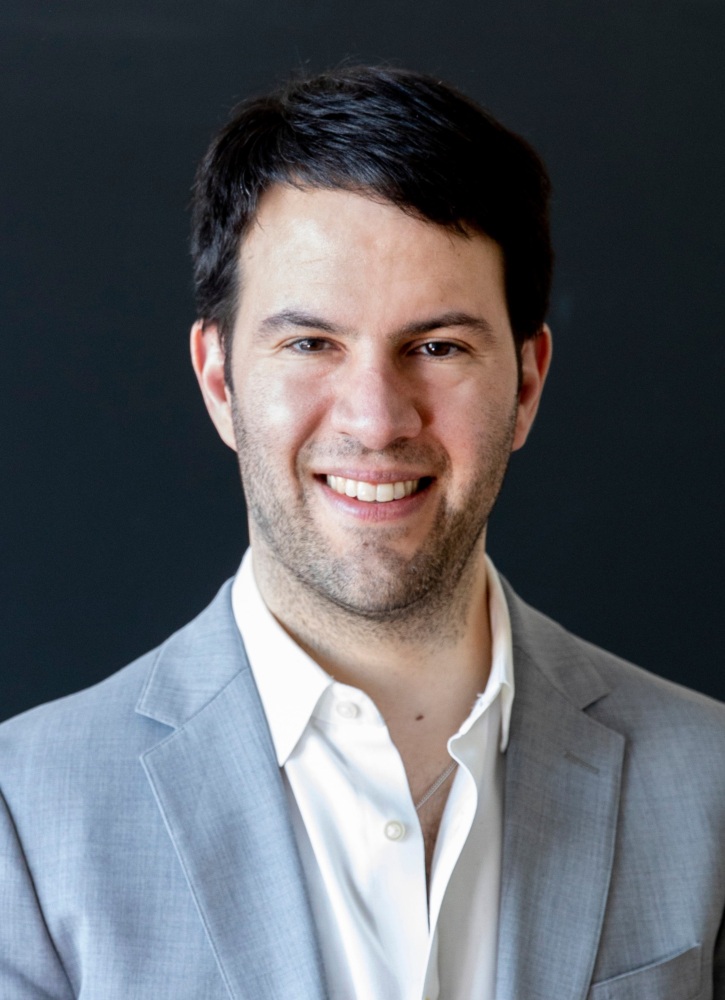
Nicholas Stephanopoulos
Kirkland & Ellis Professor of Law and Director of Strategy, Election Law Clinic at Harvard Law School
Nicholas Stephanopoulos provides strategic advice for Election Law Clinic cases, helps to litigate some of these matters, and is involved in supervising student work.
Professor Nicholas Stephanopoulos’s research and teaching interests include election law, constitutional law, administrative law, legislation, and comparative law. His work is particularly focused on the intersection of democratic theory, empirical political science, and the American electoral system. His academic articles have appeared in, among others, the California Law Review, Columbia Law Review, Duke Law Journal, Harvard Law Review, Northwestern University Law Review, New York University Law Review, Stanford Law Review, University of Chicago Law Review, University of Pennsylvania Law Review, Virginia Law Review, and Yale Law Journal. He has also written for popular publications including the New York Times, Washington Post, Los Angeles Times, Chicago Tribune, Atlantic, New Republic, Slate, and Vox. He has been involved in several litigation efforts as well, including two partisan gerrymandering cases based on his scholarship and decided by the Supreme Court.
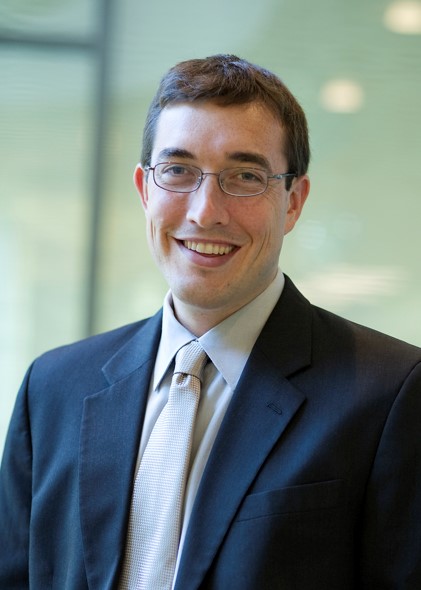
Christopher Warshaw
Professor of Political Science, George Washington University
Christopher Warshaw is a Professor of Political Science at George Washington University. Previously, he taught at the Massachusetts Institute of Technology. His areas of research are American Politics, Representation, Public Opinion, State and Local Politics, Environmental Politics and Policy, and Statistical Methodology.
One of the most profound questions in the study of democratic governance is whether the government is responsive to the preferences of its citizens and how the influence of the mass public varies across institutional contexts and over time. In his research, Warshaw evaluates the links between public opinion, elections, and political outcomes in city and state governments, as well as the U.S. Congress. He also examines how political institutions, such as term limits or direct democracy, influence political representation. In order to do this, he has developed new techniques to accurately measure the policy preferences of the American public at a variety of geographic levels. He has published his work in the American Political Science Review, the American Journal of Political Science, the Journal of Politics, Science Advances, the Annual Review of Political Science, Political Analysis, Political Science Research and Methods, Legislative Studies Quarterly, the British Journal of Political Science, Political Behavior, Public Choice, the Election Law Journal, Nature Energy, and edited volumes from Cambridge University Press and Oxford University Press. Warshaw’s research has been broadly covered in the media, including USA Today, the New York Times, the Boston Globe, the Economist, and other major outlets. His non-academic writing has been published in the New York Times and the Washington Post.
He has a Ph.D. in Political Science from Stanford University, and a B.A. in Economics and Political Science from Williams College.


